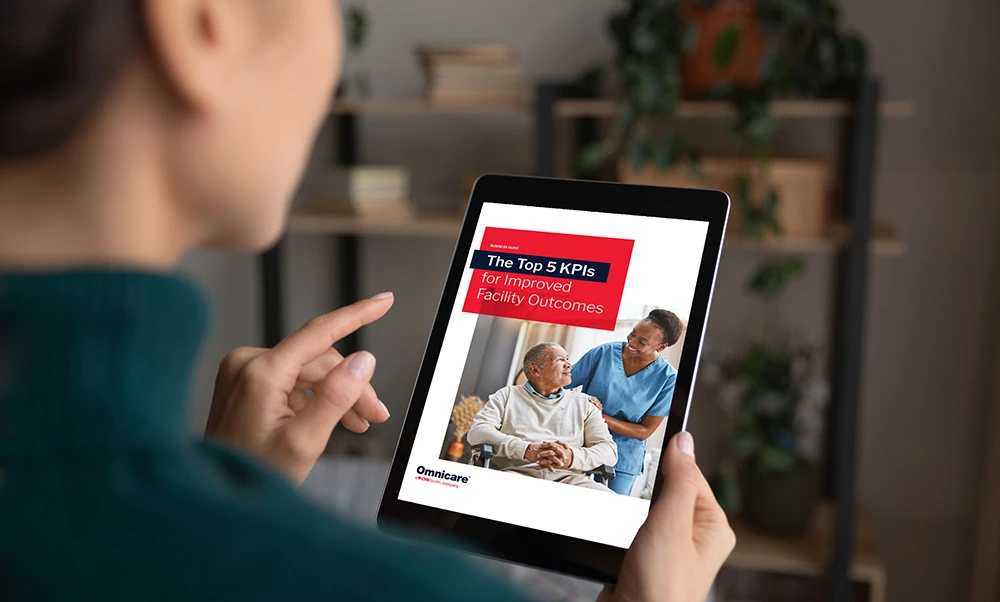Resource Center
The latest insights and thought leadership from our experts.

The Omnicare HealthLine: October 2025
Focus on Seasonal Influenza 2025-2026 According to the Centers for Disease Control and Prevention (CDC), an annual influenza vaccine is the “best way to reduce…
The Omnicare HealthLine: April 2025
Focus on Chronic Hyperkalemia in Older Adults Hyperkalemia, an abnormally high potassium level in the body, is a common electrolyte disturbance in older adults. Although…
Medication Stewardship Webinar
Omnicare Senior Manager Rick Foley discusses a holistic approach of medication stewardship beyond polypharmacy. He explores how prescribing cascades affect residents’ wellbeing and care outcomes….
Struggling with Medication Management in Long-Term Care?
Our business guide offers helpful insights on successful medication management and the critical role of polypharmacy and deprescribing. Complete the form to download PDF:
5 Ways to Future Proof Your Assisted Living and Skilled Nursing Facilities
The COVID-19 pandemic has presented immense challenges for assisted living and skilled nursing facilities, directly threatening the health and wellbeing of one of the nation’s most vulnerable populations.
Top 5 KPIs for Improved Facility Outcomes
All long-term care (LTC) facilities should outline specific business goals, ensuring they are consistently improving their practices and patients are receiving the best, most efficient…
Why and How to Compare Pharmacy Providers in Assisted Living and Skilled Nursing Facilities
If your facility works with a pharmacy provider already, you know – and hopefully have experienced – the benefits a good partnership offers.
Using Data to Improve Facility Transitions eBook
With consistent availability of data, facilities are better able to track everything from patient admissions to medication dosage.
Medication Managed eBook
We’ve partnered with i Advance Senior Care to produce an eBook on CMS changes and their impact on medication management.
Financial Value
Download our solution guide to learn more.
Omnicare Partnership & Risk Mitigation
Download our solution guide to learn more.
Staff Tools & Support
Download our solution guide to learn more
Page 1
Page 2
Next Page